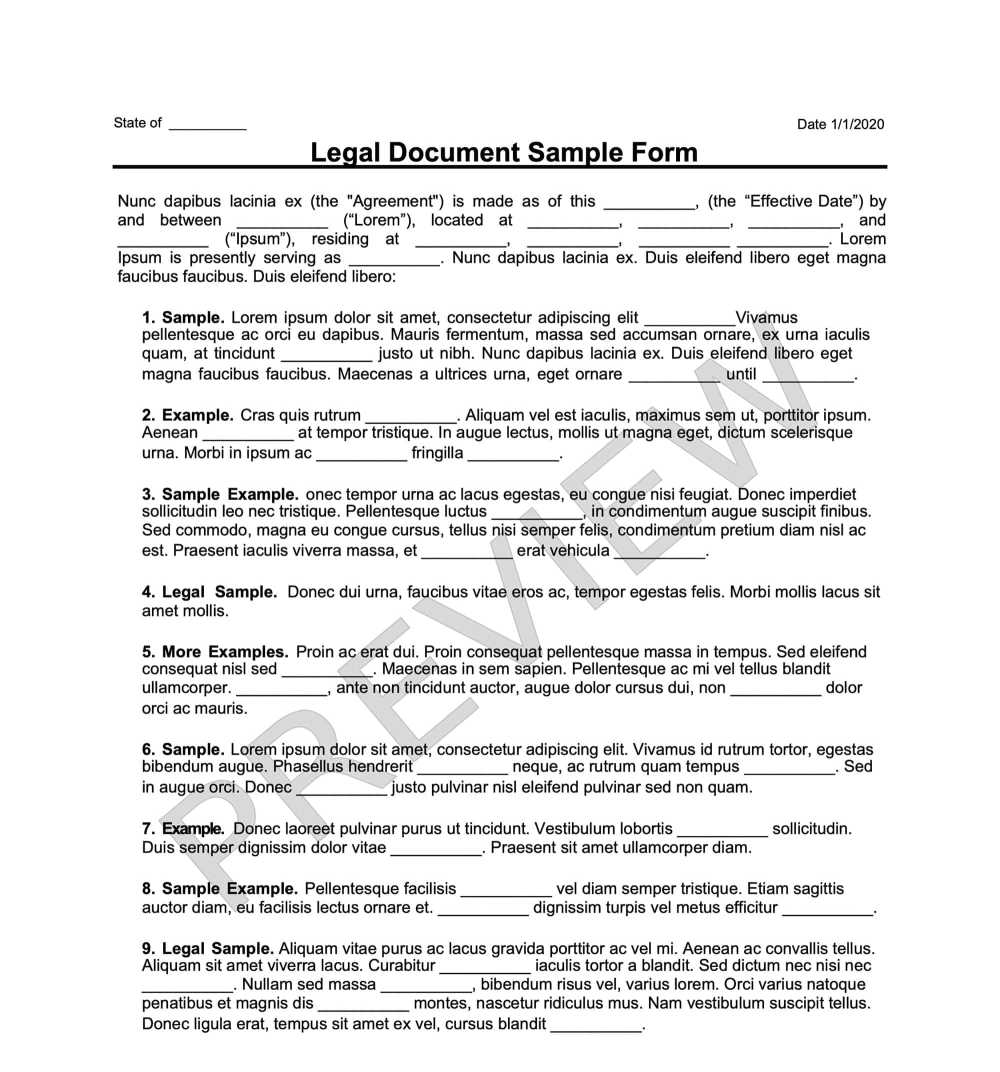

Frequently Asked Questions
The shareholder does not have to sign the Shareholder's Appointment of Representative in the presence of a notary public. The document is legally enforceable with just the signature and it is not necessary to have witnesses to the signature either. An exception to the rule could come from the company’s bylaws if they stipulate otherwise. Regardless, if you so choose, you can also have the document and signature notarized to prevent potential challenges.
If the shareholder hasn’t provided specific instructions to the representative, it'd be up to the representative’s best judgment as to how to represent the shareholder's interest. Regardless of their decisions, the representative is not responsible for the outcome of those decisions, the responsibility of which rests with the shareholder.
Yes. It is frequently arranged as such, especially if two or more shareholders are in agreement as to how they will cast their votes. Conversely, a representative does not have to be a shareholder. The only requirement is that it has to be an adult of legal age and competence.
A representative can vote on what’s defined as “normal” corporate matters, which means that they are not to vote on major corporate issues. For example, a representative or proxy would not be able to vote to approve or reject a merger, unless they have the specific authority to do so.
In most cases, a Shareholder’s Appointment of Representative can be revoked. The exception would be if the appointment was made irrevocable in the first place, which usually is not the case. A shareholder can revoke the appointment by showing up for the vote in person. Alternatively, he or she can revoke it by appointing another representative. Also, if the shareholder is to sell their shares in the company, the representative's appointment is automatically annulled.





